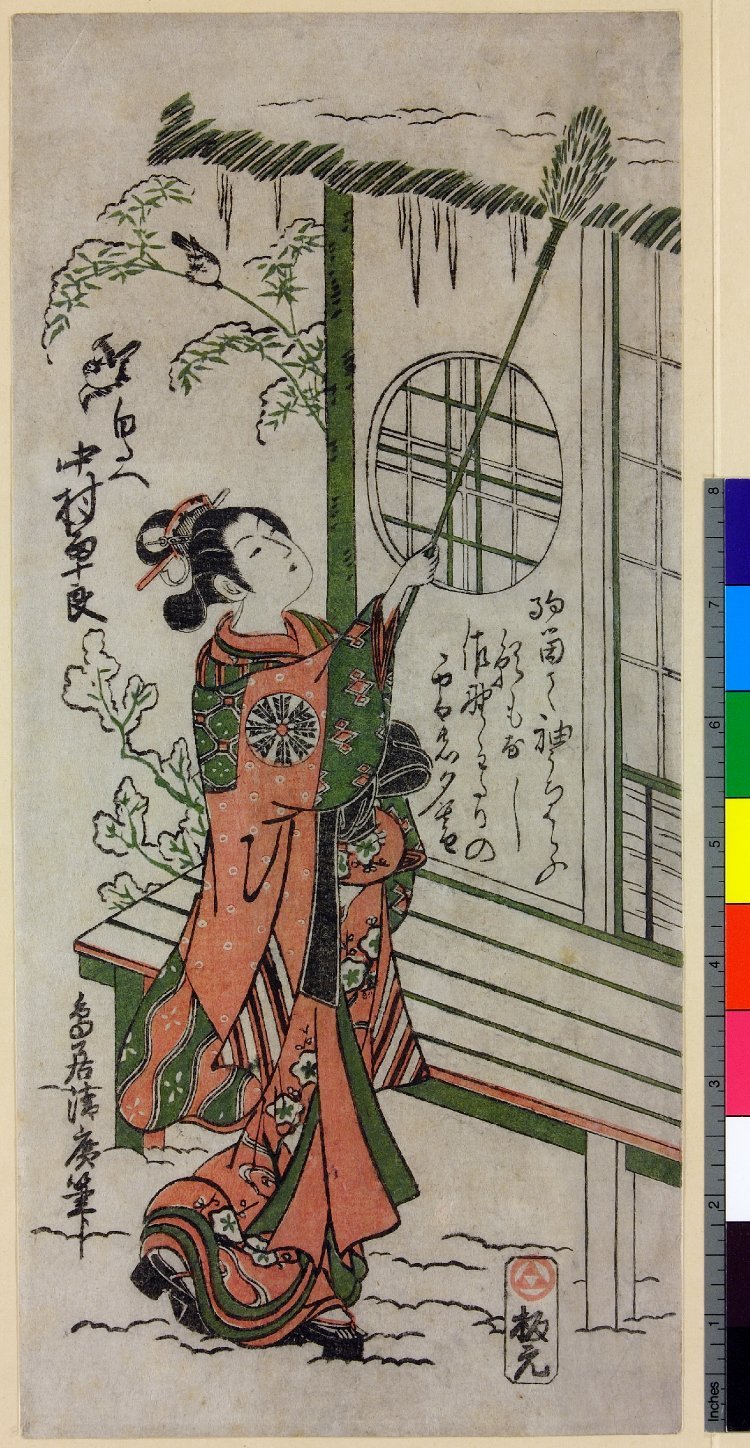It's cold and we actually got some snow recently in this area, where we usually don't. And you know what snow usually brings? Icicles!
nani yue ni naga mijika aru tsurara zo ya
are some icicles long,
others short?
—Onitsura


There was a Budweiser beer commercial I remember from the 1990s advertising their short lived flavor Bud Dry. It went: Why ask why; drink Bud Dry!
That's a surprisingly Zen message for a beer commercial! Indeed, Zen often points out the silliness of asking why. This isn't to say that curiosity isn't a good thing. Of course it is. Most of human knowledge depends on curiosity. At the same time, sometimes we need to sit back and simply experience things as they are, without the need for explanations. Haiku, like Onitsura’s reflection on icicles, embodies this mindset—inviting us to appreciate the world’s natural patterns without questioning their purpose. In the case of the icicles, their varying lengths aren’t a puzzle to solve, but a reminder of the inherent randomness and beauty of nature.
Zen teaches us that not everything requires an answer, and perhaps more importantly, not everything has an answer. Just as the icicles grow long or short without intention, much of life unfolds in ways beyond our control. Embracing this uncertainty can lead to a deeper sense of peace and appreciation for the present moment.
So while the Bud Dry slogan may have been a clever marketing ploy, it also carries a grain of truth—sometimes, asking why only distracts us from enjoying what’s right in front of us.
Uejima Onitsura (1661–1738) was a pioneering haiku poet from Itami, Hyōgo Prefecture, known for his emphasis on makoto (sincerity) in poetry. Influenced by the Danrin school, he sought to strip haiku of puns and literary references, focusing instead on pure, natural expression. Though a contemporary of Bashō, he remained independent, and his haiku are celebrated for their simplicity, clarity, and deep connection to nature. Later in life, he turned to Zen, leaving haikai behind to pursue spiritual practice.
❦
 |
David is an American teacher and translator lost in Japan, trying to capture the beauty of this country one photo at a time and searching for the perfect haiku. He blogs here and at laspina.org. Write him on Mastodon. |
That is, me! If you like this translation, feel free to use it. Just credit me. Also link here if you can. ↩